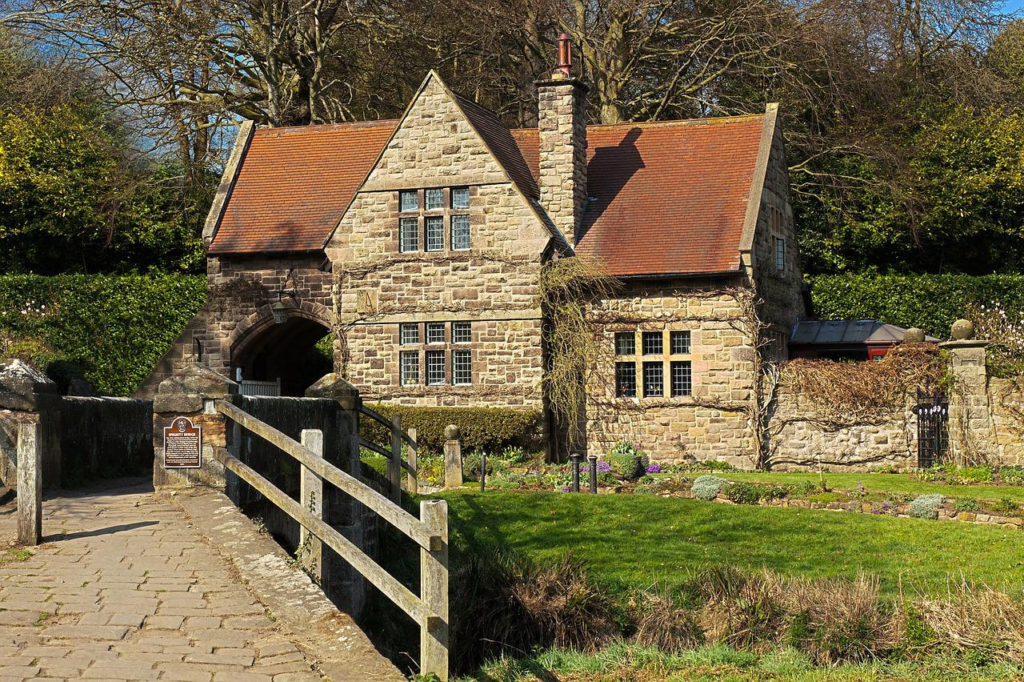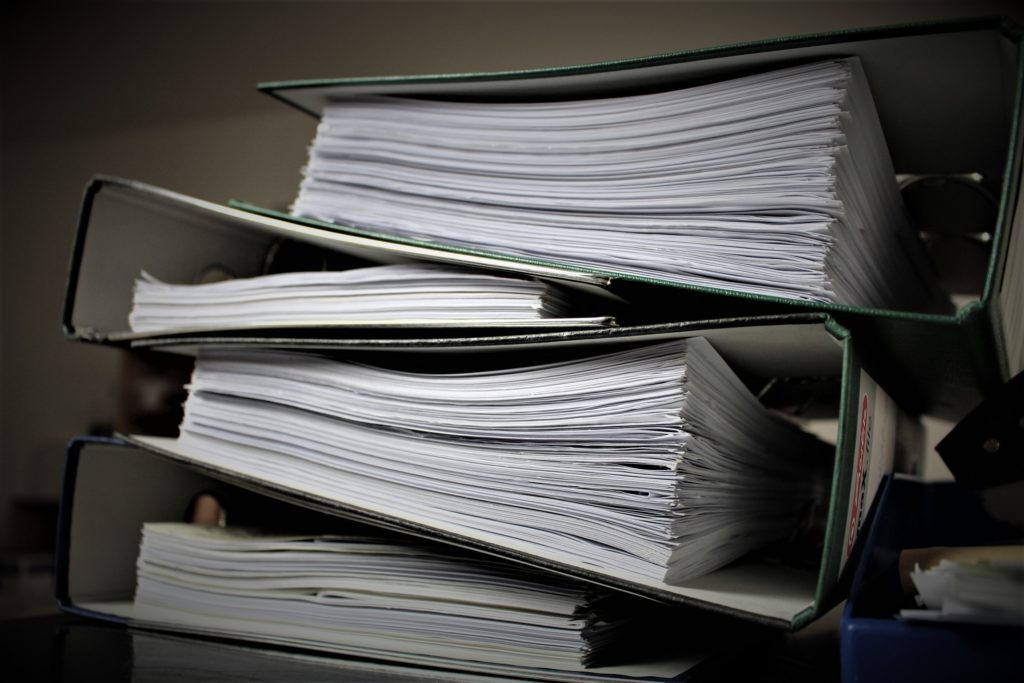If you’ve not had to deal with a deceased’s estate and apply for a Grant of Probate, it can be a daunting task. These days, you don’t need to go through a solicitor to apply for a Grant of Probate. You can handle the process yourself via an online probate application.
To assist you with the process, here are the answers to the most commonly asked questions about online probate help.
What is probate?
Probate is the process of administering a deceased person’s estate (assets), whether there is a will or not, and distributing assets to beneficiaries.
What is a grant of probate?
If there is a will, the grant of probate is the legal document granted to the executors of the deceased’s estate that gives them the authority to manage the estate, gather the deceased’s assets, pay any debts and tax liabilities, and distribute the beneficiaries inheritance.
What are letters of administration?
If there isn’t a will, the probate is known as letters of administration and is granted by the court to the person managing the deceased’s estate. Once granted, it works in the same way as a grant of probate.
How long does probate take?
On average, probate takes 9 – 12 months to settle an estate in full. The simpler the estate, the quicker the probate process and, in some cases, it may only take six months. However, if the estate is more complex, i.e. involving overseas assets or businesses, or the will is contested, the process will take longer than 12 months.
Can I apply for probate online?
Yes, you can apply for probate online with the Probate Registry via the MyHMCTS platform. You can complete the online details and send them, along with the probate fee, to start your application immediately. They will also share your application details with HMRC to ascertain how much inheritance tax is applicable.
What information do I need to apply for online probate?
When applying for probate, you will need to have the following information:
- The deceased’s personal details, including full name and residential address at the time of death.
- The date the deceased died.
- The location where the deceased died, i.e. in a care home, a hospital or at home.
- A copy of the will. (the original will need to be sent to the Probate Registry).
- The names of the executors, if there is a will or the name of the representative that will be managing the deceased’s estate.
- A copy of the death certificate (the original will need to be sent to the Probate Registry).
- A copy of the death certificate (an original copy will need to be sent to the Probate Registry).
- A copy of the IHT400 inheritance form including the amount of inheritance tax due (the original completed form will need to be sent to HMRC).
How much does the probate application cost?
The current cost to apply for probate online is £273 (with effect from 26th January 2022) if the estate’s value is over £5,000. If the estate is valued at less than £5,000, there is no fee to pay. It can be paid online with your probate application to MyHMCTS. If you don’t want to pay online, you can send a cheque together with a Statement of Truth – this declares, or oath, that the information you have provided is correct – to the Probate Office.
Do I need a solicitor to help with probate?
Officially, no, you don’t need a solicitor to help with probate. However, because probate is a legal process and you are likely to come across a variety of legal terms, it is recommended that you seek the advice of a probate solicitor. They will be able to help you with the administrative forms and details, calculate how much inheritance tax is due (if any) and help you to resolve any disputes.
How does the probate process work?
When someone dies, the executors of the will, if there is one, or family representative, if there isn’t a will, have a short period of time to apply for a grant of probate. Once granted by the court, this gives them the authority to manage and settle the deceased’s estate according to their wishes, if there is a will. If there isn’t a will, the probate process must follow the legal intestacy rules.
What does intestate mean?
If someone dies and hasn’t left a will, they are considered to have died intestate in accordance with the Intestate Succession Act 1987 (Act 81 of 1987). Under the intestacy rules, the deceased’s estate is distributed evenly between the person’s children first. If there are no children, it will go to other descendants. If there are no living relatives, the estate is passed to the government.
Who can apply for letters of administration?
If there is no will, the deceased’s next of kin applies for letters of administration. The next of kin is the deceased’s surviving spouse, children, parents or siblings. If there are no living relatives, a close friend or a solicitor may apply and are known as the administrator of the estate.
What is the seven-year rule in respect of inheritance tax?
The seven-year rule applies to any gifts the deceased has made in their lifetime before their death. When the gift was made in the seven years prior to death determines the percentage of tax paid by the deceased’s estate.
Managing the estate of a deceased person can be a complex process, particularly if you are not familiar with legal terms. It is always advisable to get good advice from a professional probate solicitor.
At Probates Online, we offer a will writing service or a Complete Estate Service to help you through the probate process and estate administration upon the death of a loved one. If you are looking for advice on inheritance tax, gifts or trusts, or need to apply for Grant of Probate, Letters of Administration or would like to take advantage of our entire Estate Administration service, visit our website for more information or contact us today.





